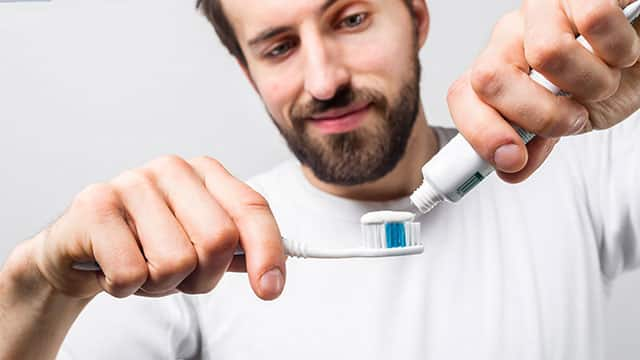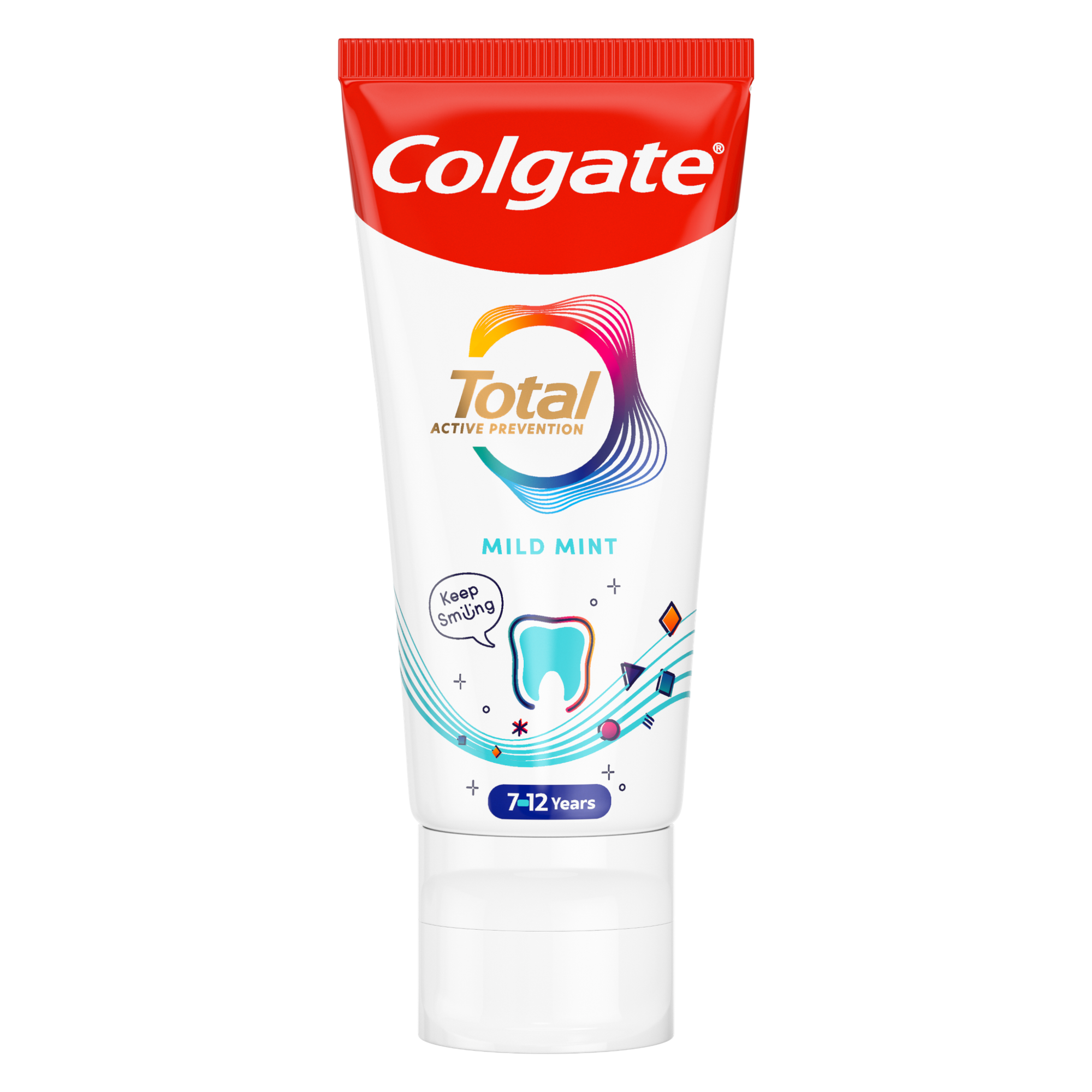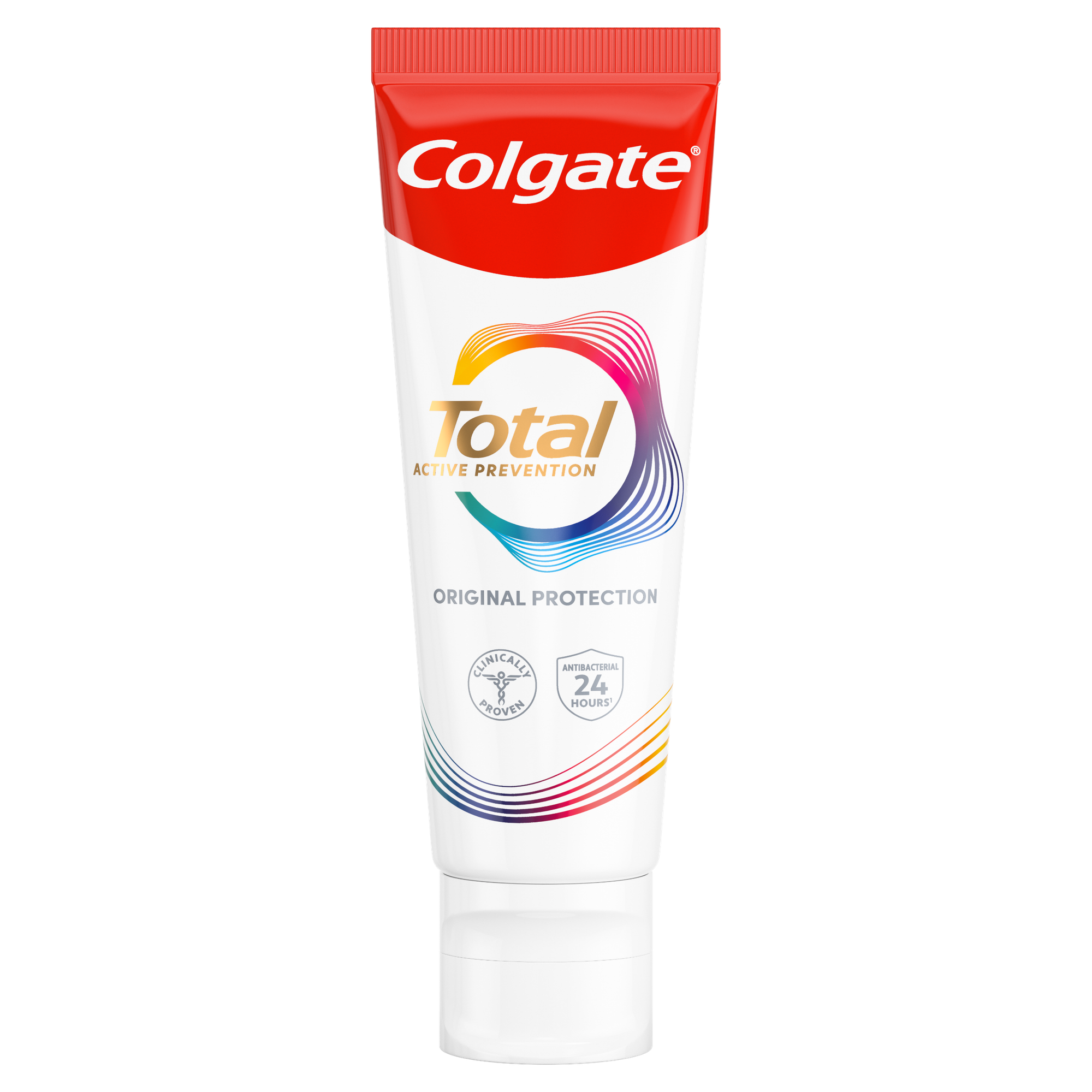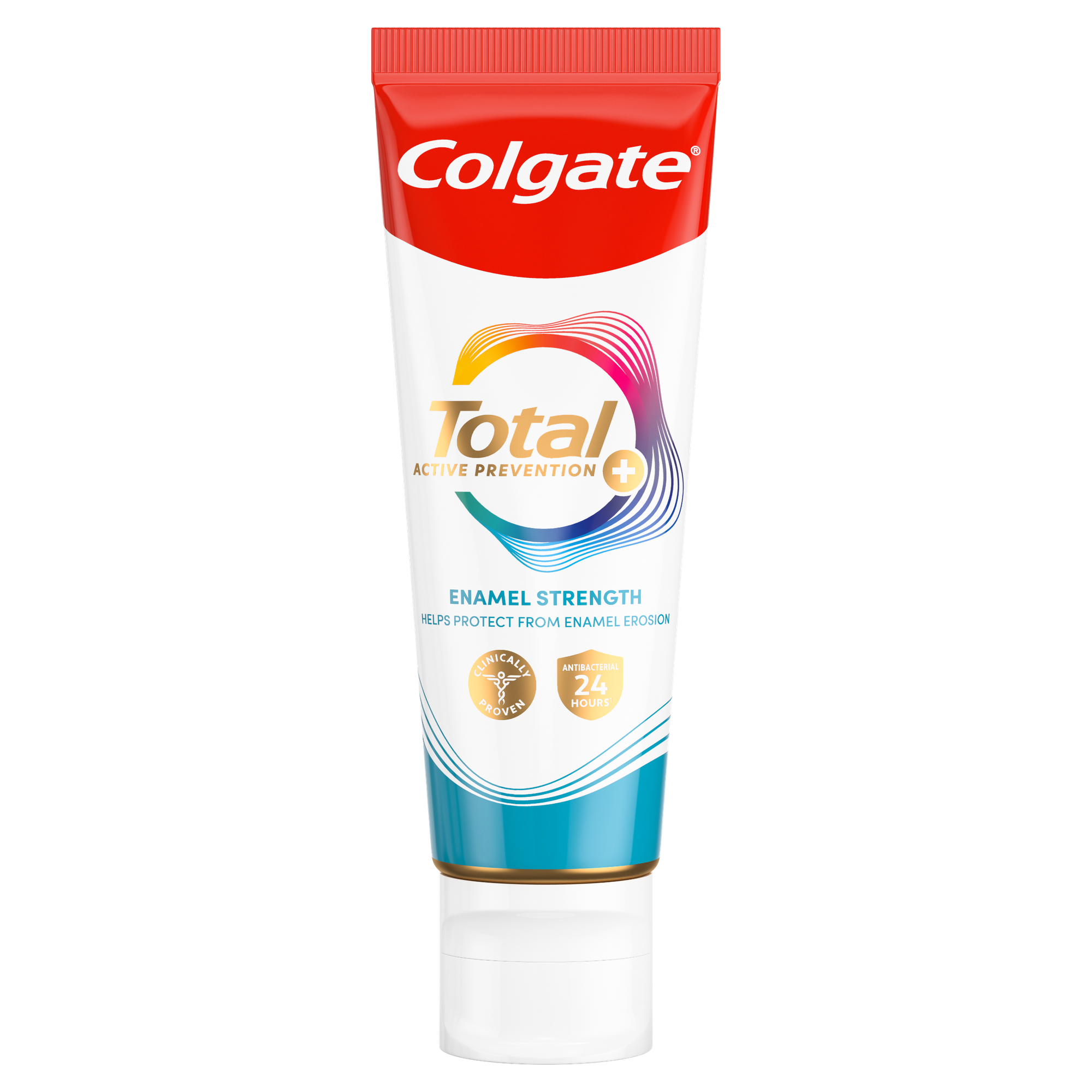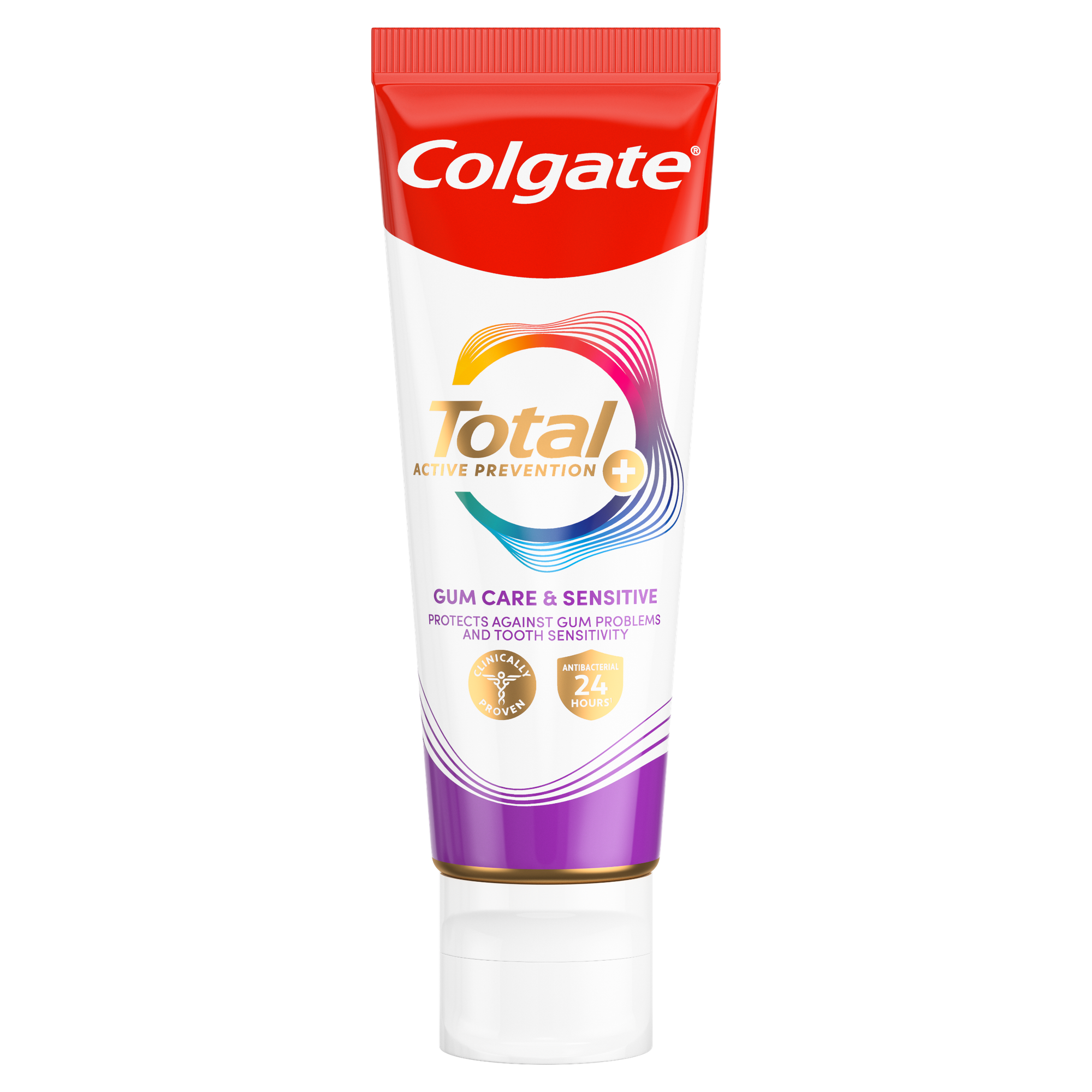What to Do First
Whether it's you or your child with a chipped tooth, it may not be possible to get in to see your dentist right away. There are, however, a few home remedies that can reduce the discomfort and swelling. These include:
- Trying over-the-counter pain medication
- Rinsing with a mouthwash to remove anything in the jagged ends of the tooth
- Indirectly applying an ice pack if the pain persists
If the chipped tooth occurred due to a severely traumatic incident with extreme pain and bleeding, visit your local A&E department immediately.
1) Bonding
For the simplest and smallest chips in teeth, bonding is the most likely repair route your dentist will recommend. It consists of applying a composite resin material over your tooth to create a mould. Your dentist will then shape the composite into the chip to make it appear as part of the tooth. Bonding is a great option and here's why:
- Simple cosmetic procedure
- Effective for many years with proper oral care
- Affordable
- Looks natural
2) Veneers
If the chip is a little bigger, veneers may be a better option for you. While bonding fills small chips here and there, veneers are porcelain covers placed on the front of the tooth. They give off a very smooth and natural look. If it's just one chipped tooth, veneers are reasonably priced, but several can be expensive. They do, however, last for over a decade, as seen in a study published in the Journal of Dentistry. With proper oral care, they can last as long as 20 years.
3) Crowns
Crowns and veneers are very similar as they're both usually made up of porcelain. While veneers go over the front of your chipped tooth, a crown surrounds the entire tooth. When the chip is significant and much of the tooth is lost, crowns are an excellent solution. There are different types of crowns as well. The good thing about all of them is that by engulfing the chipped tooth, you're preventing any further damage to the tooth or nerve.
4) Dental Implants
The last option for repairing a chipped tooth would be getting a dental implant. This route is only for the most severe cracks where very little tooth remains above the gum line. In this instance, you'd remove the tooth and allow it to heal before your dentist attaches the implant. Once healed, a permanent metal post would be inserted into the bone beneath your gum line and then eventually a tooth implant would be placed into the post that looks and feels like a real tooth. It's the most time-consuming and costly option, but the results should last a lifetime.
Like a snowflake or fingerprint, not all tooth chips are alike. So your dentist must give it a proper exam before you decide on the best option for you and your oral health. Whichever way you go, maintaining proper oral care can only keep your repaired tooth happy and healthy. As would taking care whenever you're next out on the pitch or court.
ORAL HEALTH QUIZ
What's behind your smile?
Take our Oral Health assessment to get the most from your oral care routine
ORAL HEALTH QUIZ
What's behind your smile?
Take our Oral Health assessment to get the most from your oral care routine








